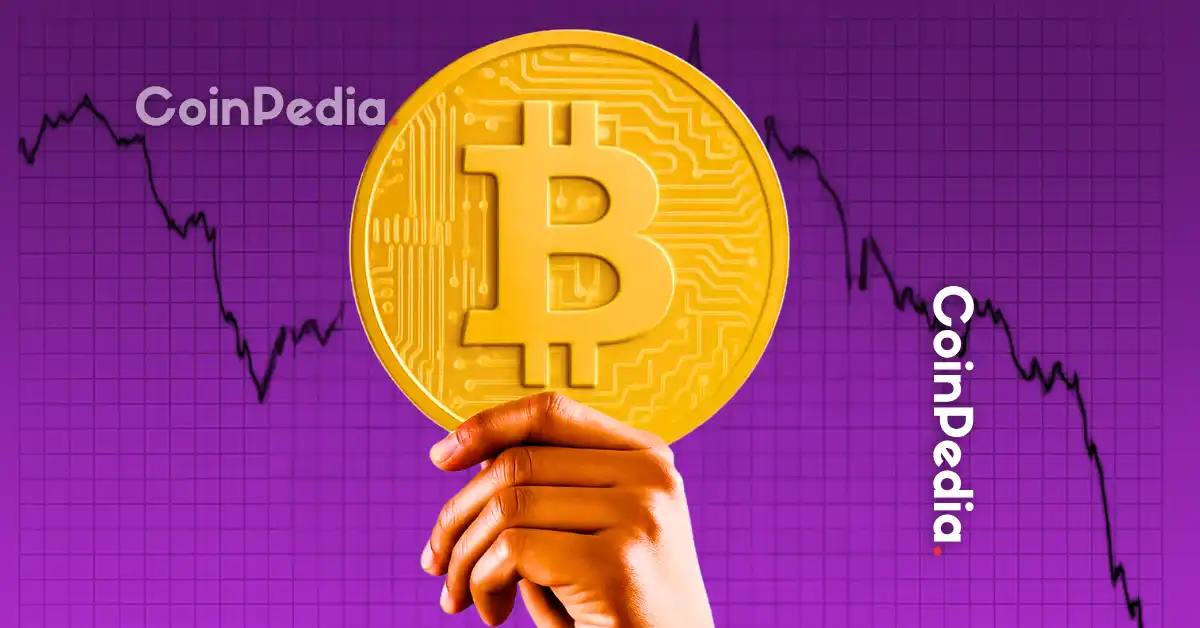
A quiet $9 billion Bitcoin sale has now turned into a major controversy and it could be tied to one of the earliest crypto exchange hacks on record.
This week, Galaxy Digital confirmed it sold 80,000 Bitcoin (worth over $9.4 billion) through over-the-counter (OTC) deals. But CryptoQuant CEO Ki Young Ju says these coins may not belong to a long-term investor at all.
Instead, they could be linked to the 2011 MyBitcoin exchange hack – a breach that, until now, had faded into crypto history.
“The recent transfer of 80,000 BTC, dormant for 14 years, came from wallets originally hosted by MyBitcoin,” Ju posted on X.
These wallets had been inactive since April 2011, two months before MyBitcoin went offline following a hack. At the time, the exchange’s owner, Tom Williams, admitted the breach and said he was working on a resolution. The attack reportedly caused $72,000 in losses – a small figure by today’s standards, but if those coins were kept, they’re now worth billions.
Ju believes the Bitcoins either belong to the hacker or to Williams himself, who disappeared from the public eye after the exchange collapsed.
Here’s where things get murky. Ju added,
“It seems Galaxy Digital bought (handled) the #Bitcoin from them, but I’m not sure if they did any forensics.”
Galaxy didn’t reveal the seller’s identity. Instead, the company described them as a “Satoshi-era investor”, someone from Bitcoin’s early days, and said the sale was part of estate planning.
That explanation hasn’t convinced everyone. The lack of transparency is now raising concerns over whether Galaxy skipped proper checks before handling a historic pile of possibly hacked funds.
Also Read: Coinpedia Digest: This Week’s Crypto News Highlights | 26 July, 2025
What’s surprising is how calm the market stayed. Despite such a large sale, Bitcoin barely moved, trading now around $117,983. Since the deal was done OTC, it didn’t directly affect order books or exchanges.
Still, it raises a bigger question: if stolen coins can quietly re-enter the system, how secure is the broader market really?
There’s a larger shift happening too. Ju, who once used whale activity to predict Bitcoin cycles, now says that approach no longer works. Old whales aren’t selling to retail anymore – they’re passing coins to new long-term holders.
This shift could explain how 14-year-old coins tied to a failed exchange can move billions without shaking the system.
It’s a reminder that the crypto world is maturing but it’s still full of stories that haven’t been fully told.
CoinPedia has been delivering accurate and timely cryptocurrency and blockchain updates since 2017. All content is created by our expert panel of analysts and journalists, following strict Editorial Guidelines based on E-E-A-T (Experience, Expertise, Authoritativeness, Trustworthiness). Every article is fact-checked against reputable sources to ensure accuracy, transparency, and reliability. Our review policy guarantees unbiased evaluations when recommending exchanges, platforms, or tools. We strive to provide timely updates about everything crypto & blockchain, right from startups to industry majors.
All opinions and insights shared represent the author's own views on current market conditions. Please do your own research before making investment decisions. Neither the writer nor the publication assumes responsibility for your financial choices.
Sponsored content and affiliate links may appear on our site. Advertisements are marked clearly, and our editorial content remains entirely independent from our ad partners.
The broader cryptocurrency market is showing signs of renewed momentum, with major assets stabilizing and…
Solana (SOL) faces a critical juncture as analysts debate whether its high-speed blockchain can achieve…
DOGE price is now on every investor’s radar after Elon Musk dropped a viral post…
On-chain trackers reported that a Ripple co-founder moved about $120 million worth of XRP from…
The recent surge of optimism after Ethereum's successful approval of the ETF has triggered market-wide…
President Donald Trump has pardoned Changpeng Zhao (CZ), co-founder of Binance Exchange. According to White…